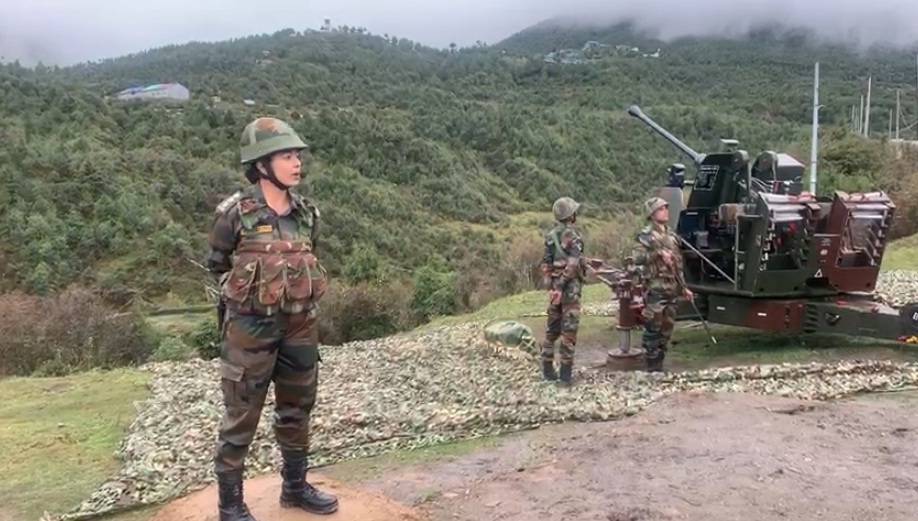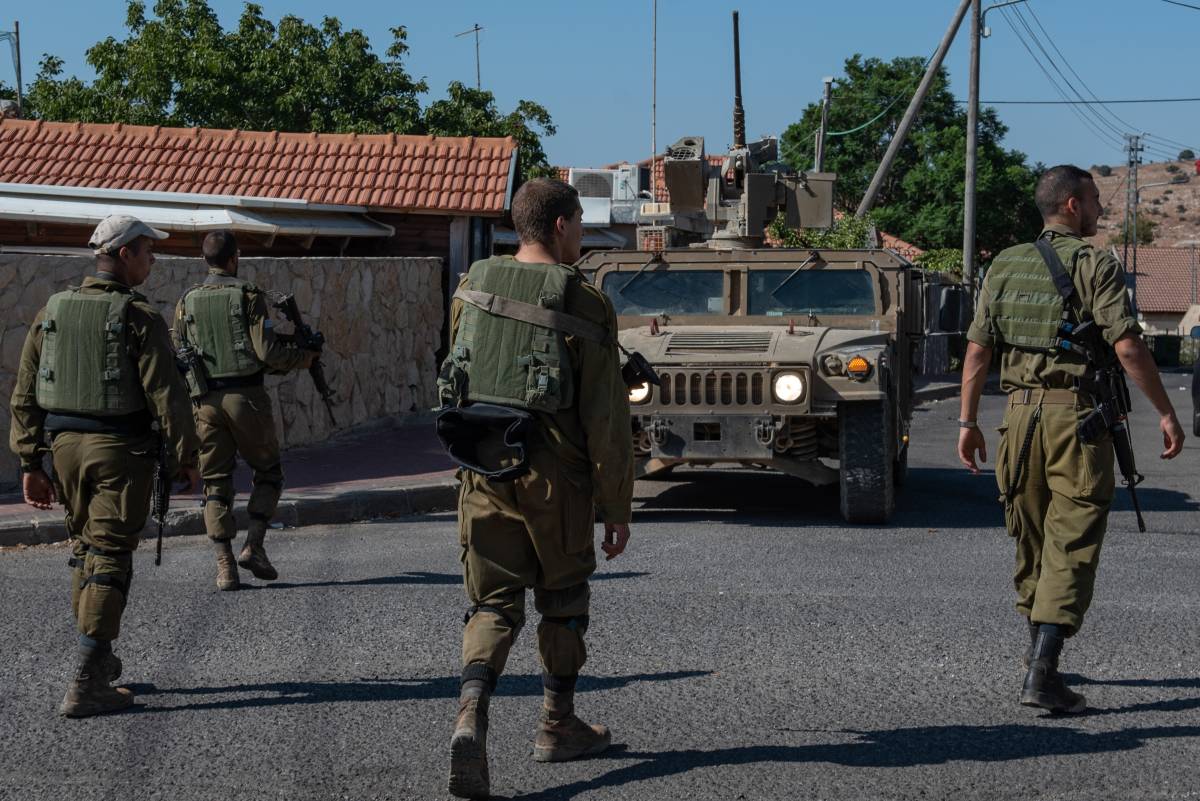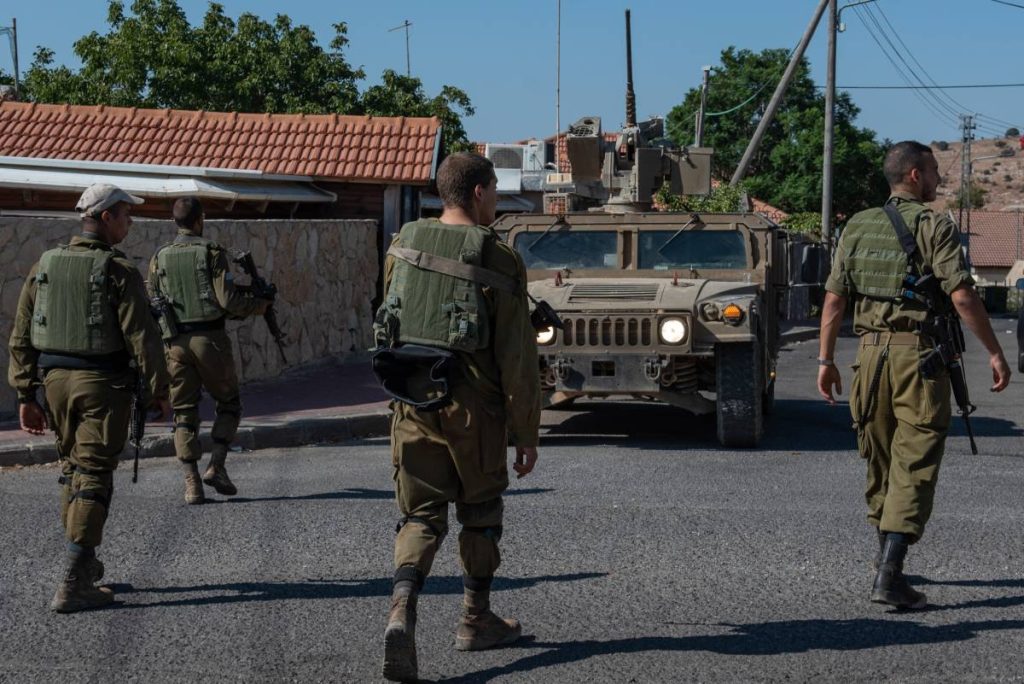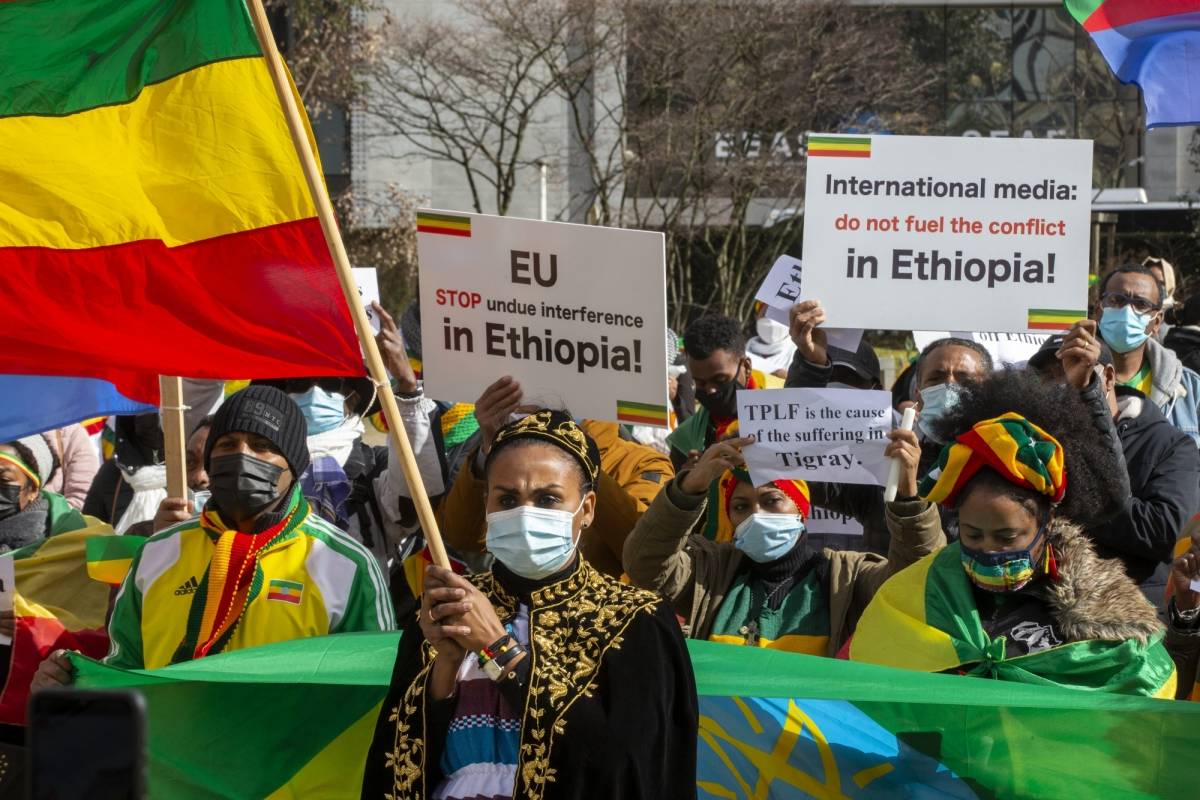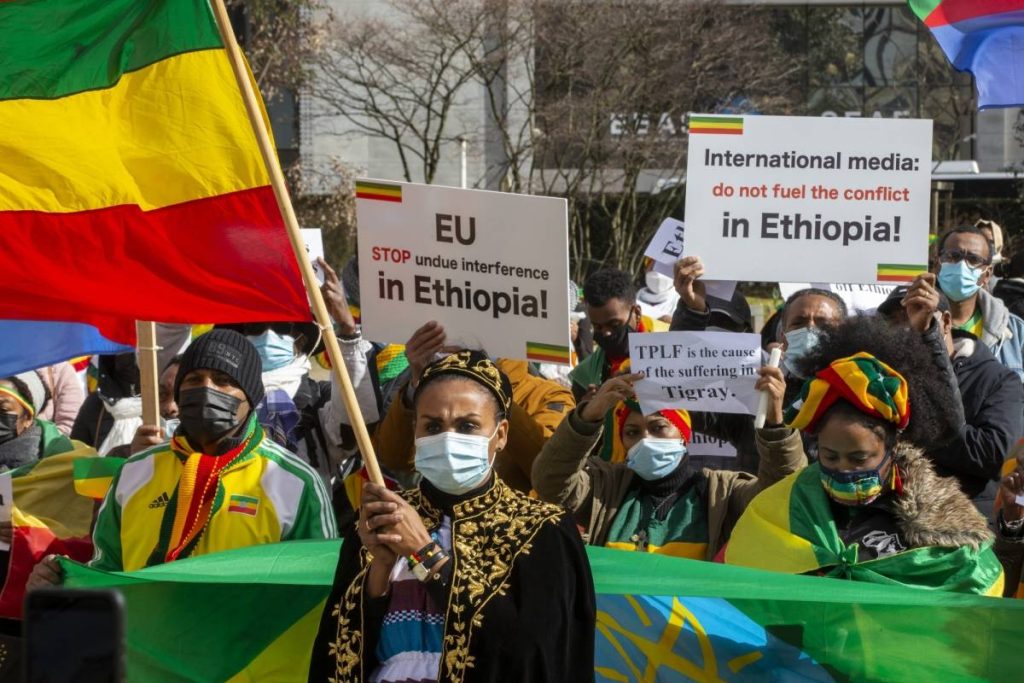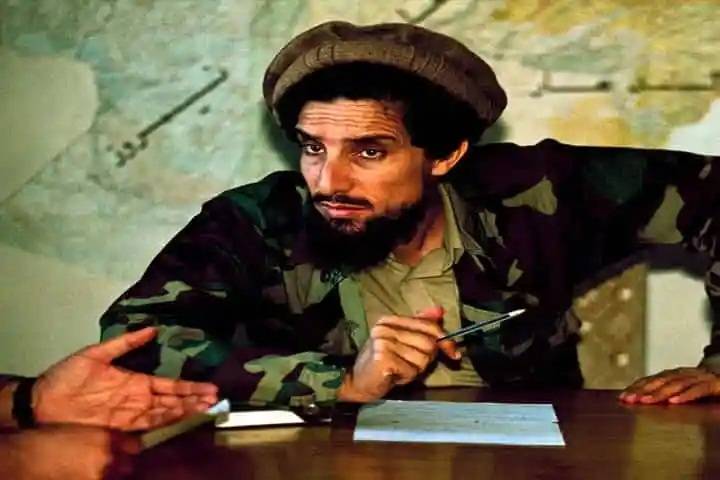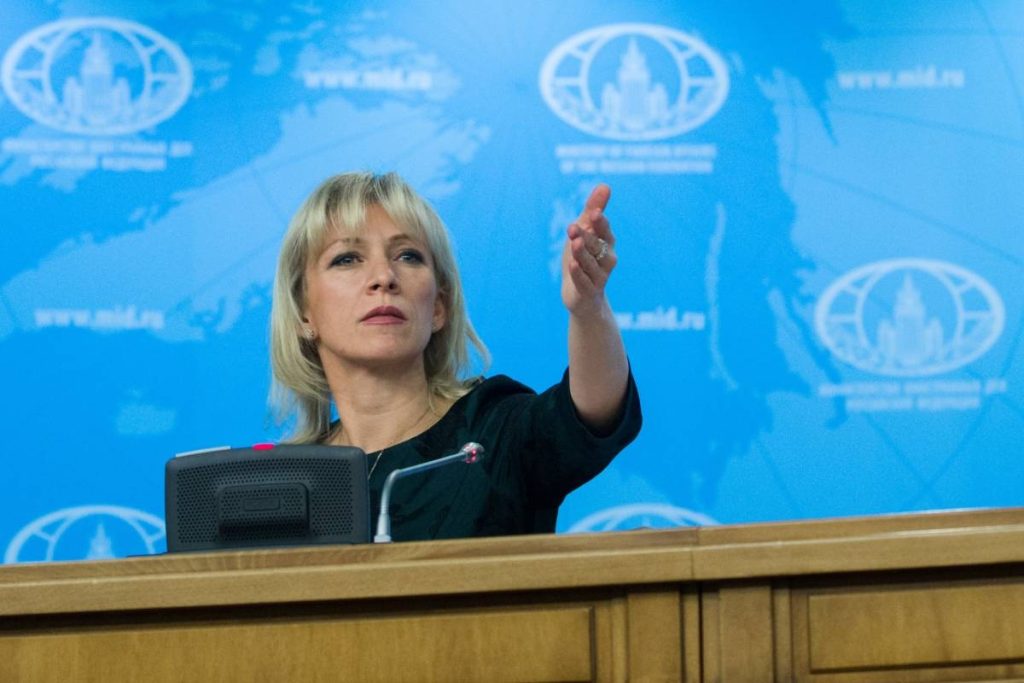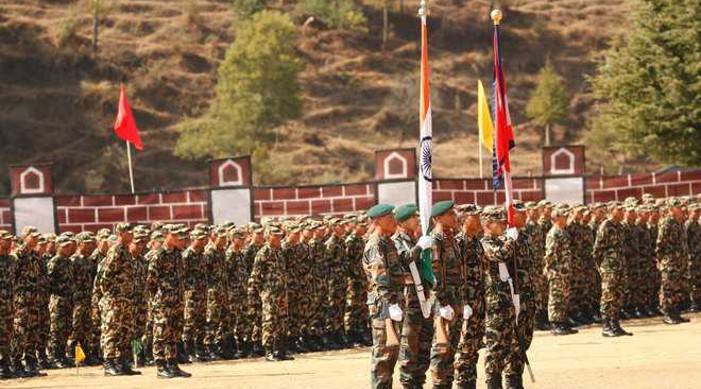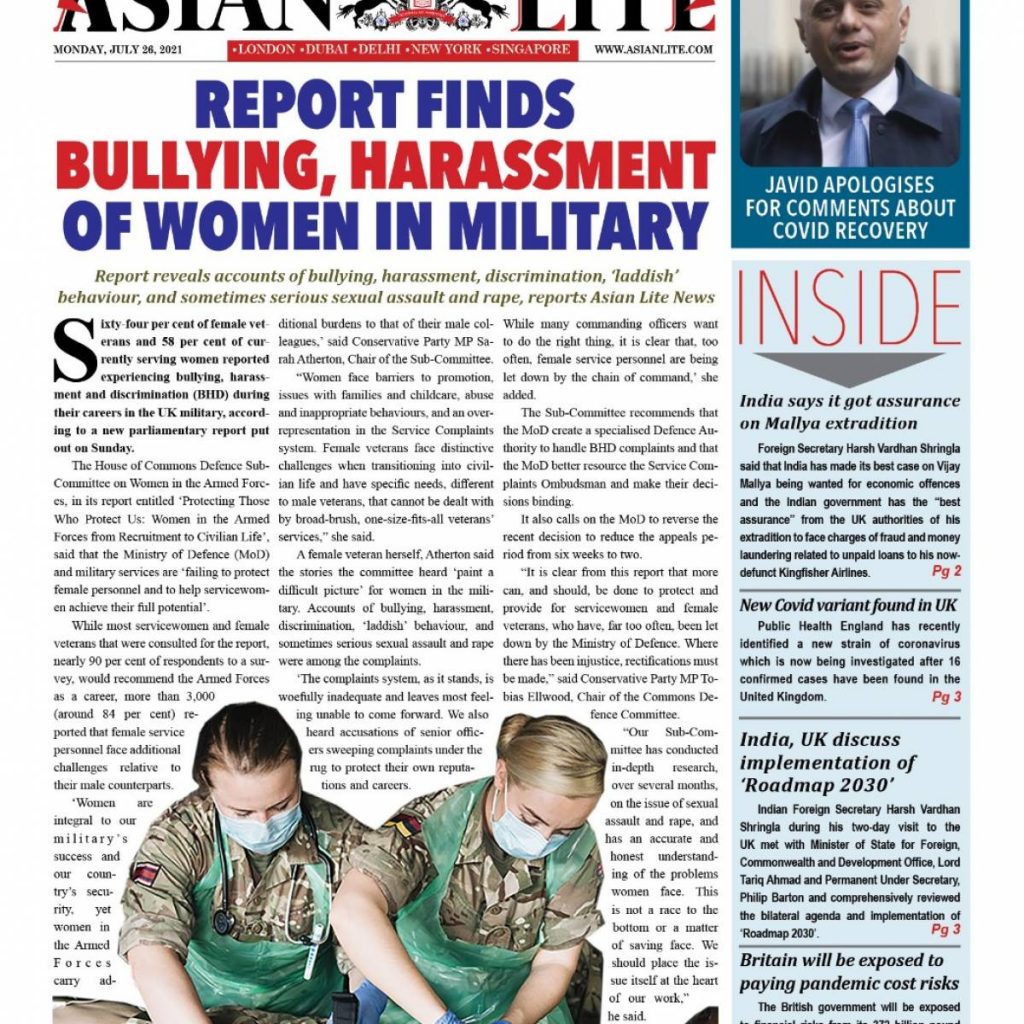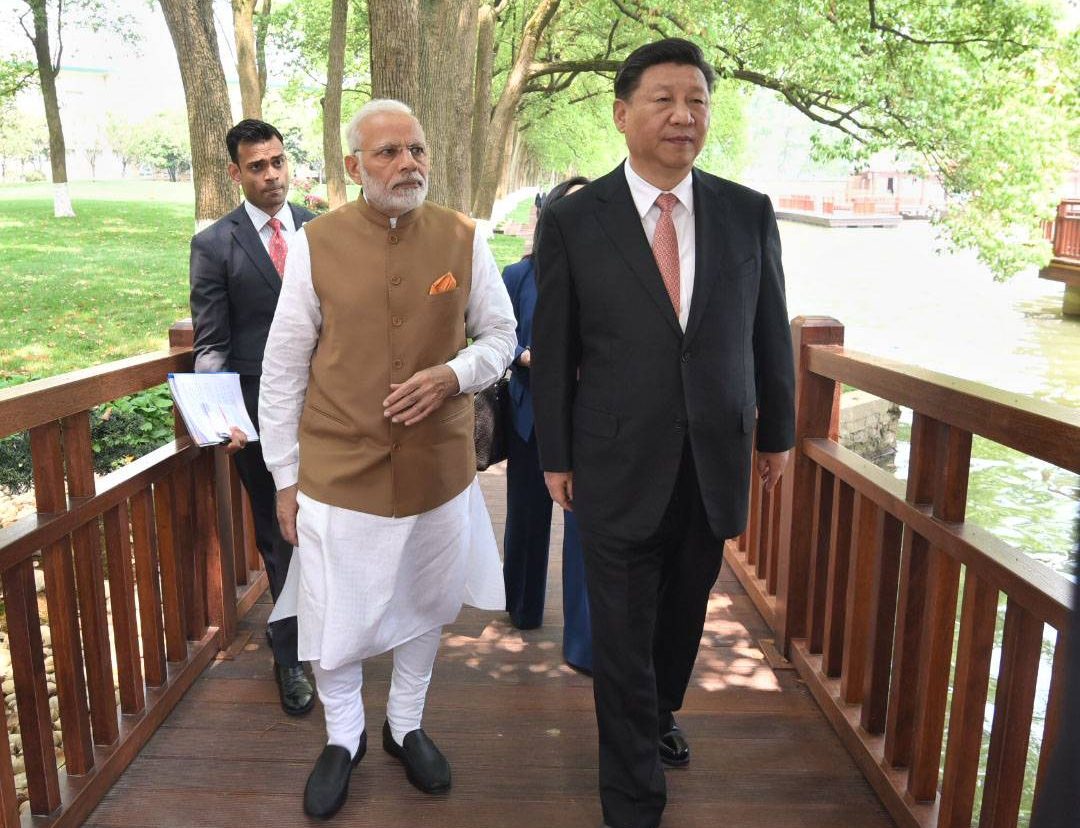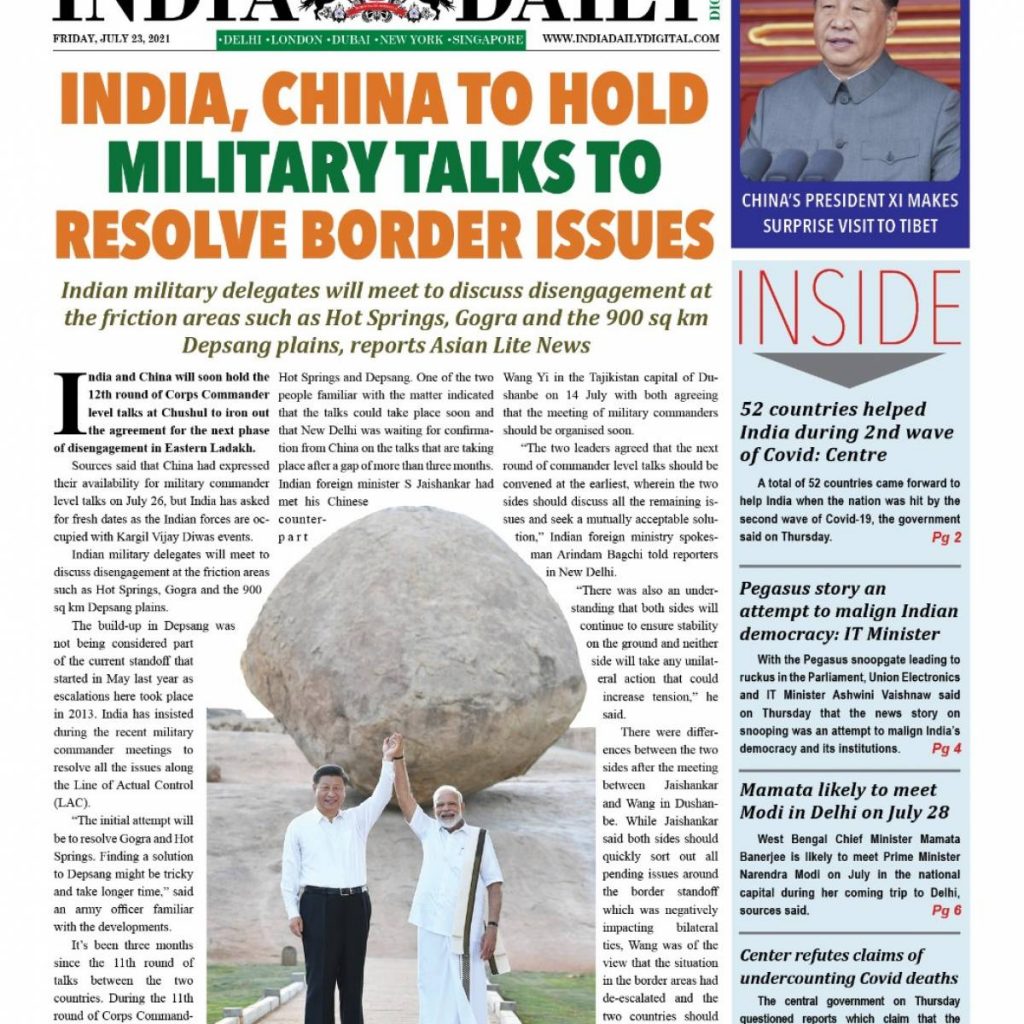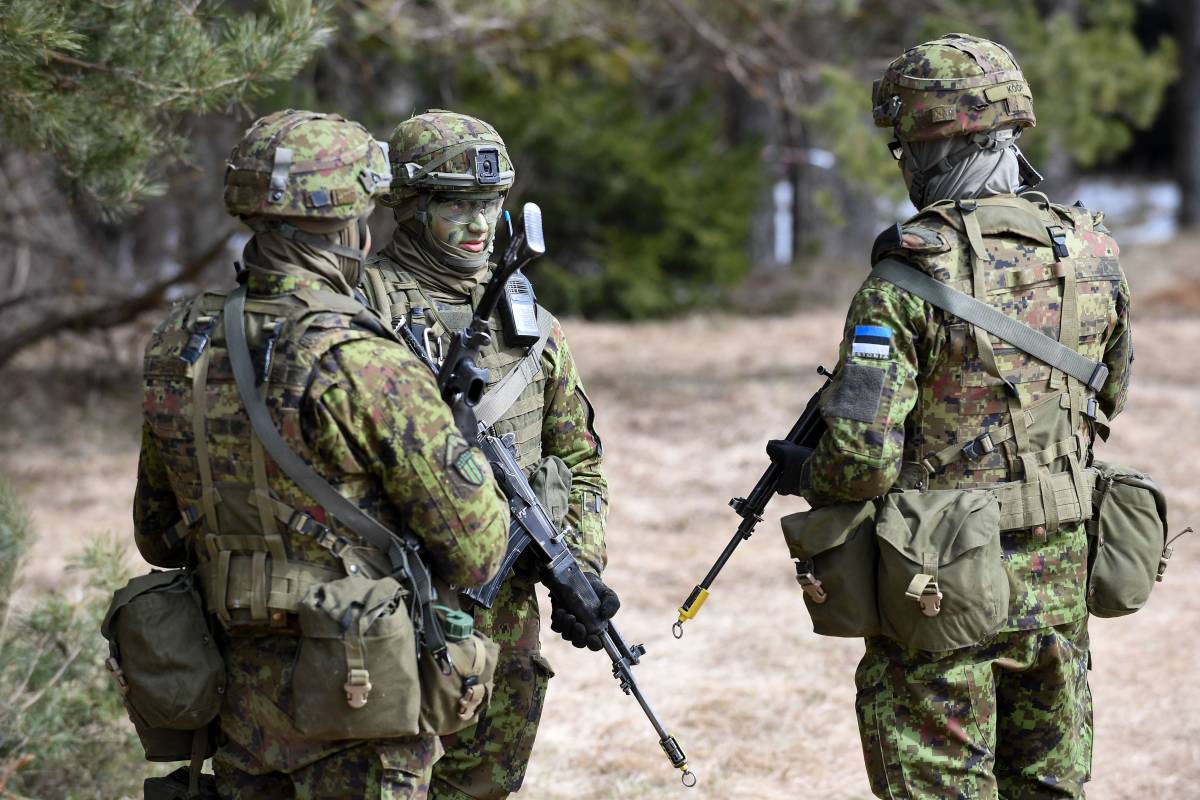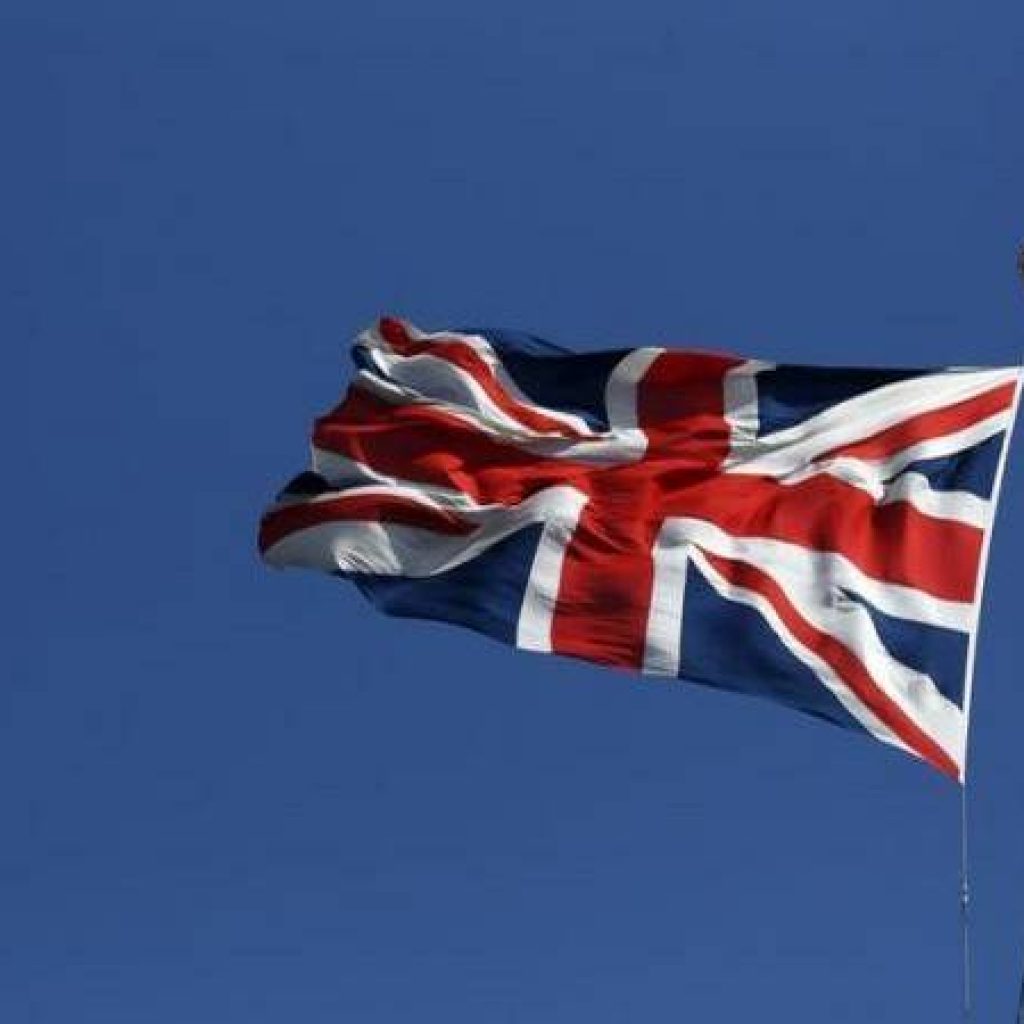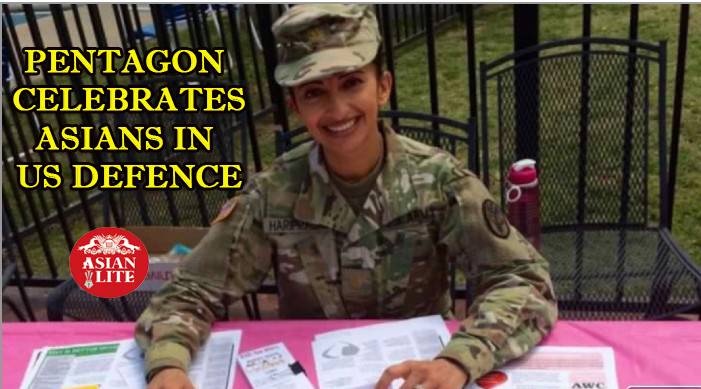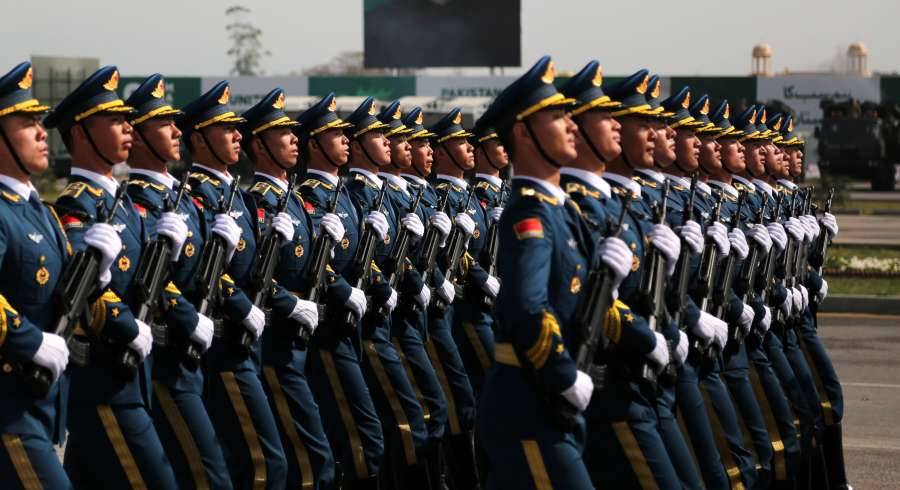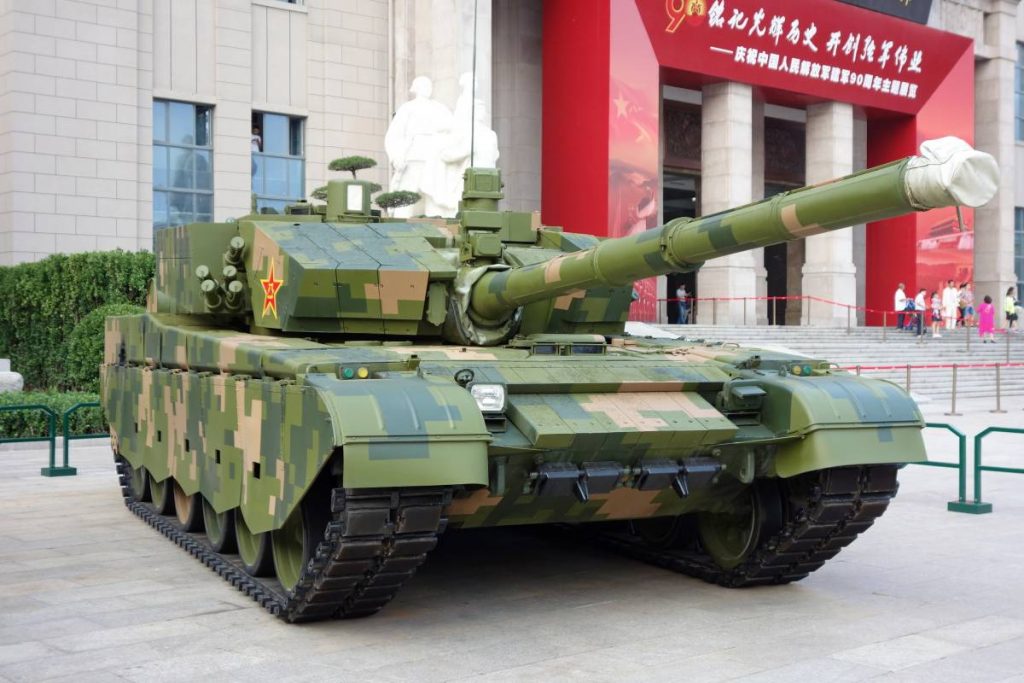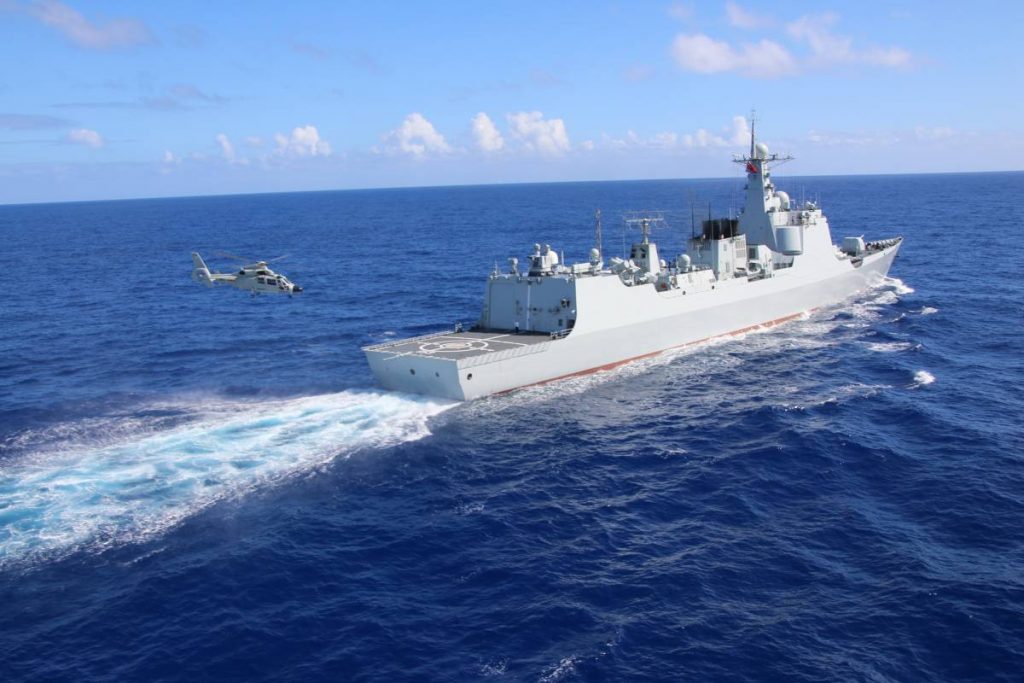The report also had stated that these and other infrastructure development efforts along the India-China border have been a source of consternation in the Indian government and media…reports Asian Lite News.
Chinese People Liberation Army personnel are carrying out a survey of the border posts and villages in Pakistan-occupied Kashmir to strengthen the Pakistan military apparatus across Line of Control, said sources, adding Indian security forces are keeping an eye on the activities and motives behind the survey.
Source said that around four dozen Chinese People’s Liberation Army soldiers arrived in general area Kel, Jura and Leepa sectors of Pakistan-occupied Kashmir a month ago. Indian armed forces say that these areas — Kel, Jura and Leepa — are among those from where Pakistan pushes terrorists into Indian territory.
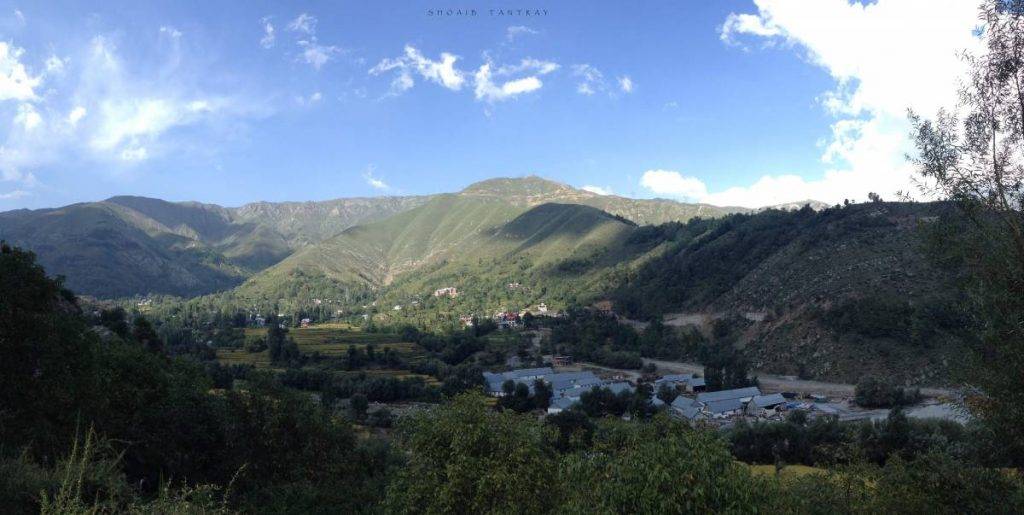
Source said that the over 40 People’s Liberation Army soldiers came to these regions, divided themselves into groups of five or six each, visited a number of villages and conducted surveys of villages, Pakistan Army posts and “infiltration routes used by terrorists to reach the Kashmir Valley”.
The groups were accompanied by Pakistan Army personnel, Inter-Services Intelligence (ISI) officers, and interpreters. Source said that the visit of Chinese troops in Pakistan-occupied Kashmir villages indicates the making of model villages — which can be used both by civilians and military — in these regions.
“Are Chinese helping Pakistan in building model villages along the Line of Control as they have done across borders with India,” questioned a senior government officer over Chinese PLA men visiting these regions.
Last week, the US Department of Defense in its annual report to Congress on military and security developments involving the People’s Republic of China (PRC) had flagged that China has built a large 100-home civilian village inside disputed territory between the Tibet Autonomous Region and India’s Arunachal Pradesh.
The report also had stated that these and other infrastructure development efforts along the India-China border have been a source of consternation in the Indian government and media. About the US report, a senior security official, however, stated the said village being referred to has been under Chinese control since 1959.
The village has been built by China in an area that was occupied by the People’s Liberation Army (PLA) after overrunning an Assam Rifles post in 1959, in an operation known as Longju incident along the frontier in Arunachal Pradesh.
ALSO READ-China Sharpens Naval Armoury

